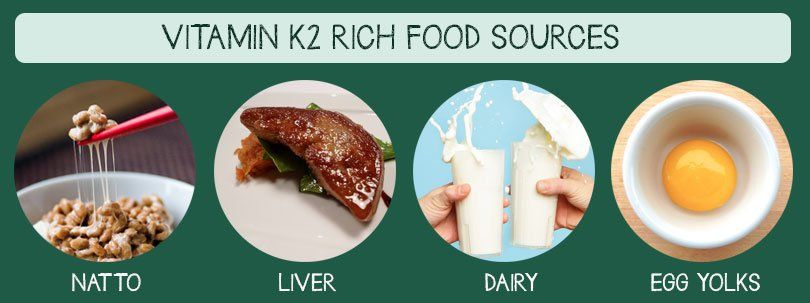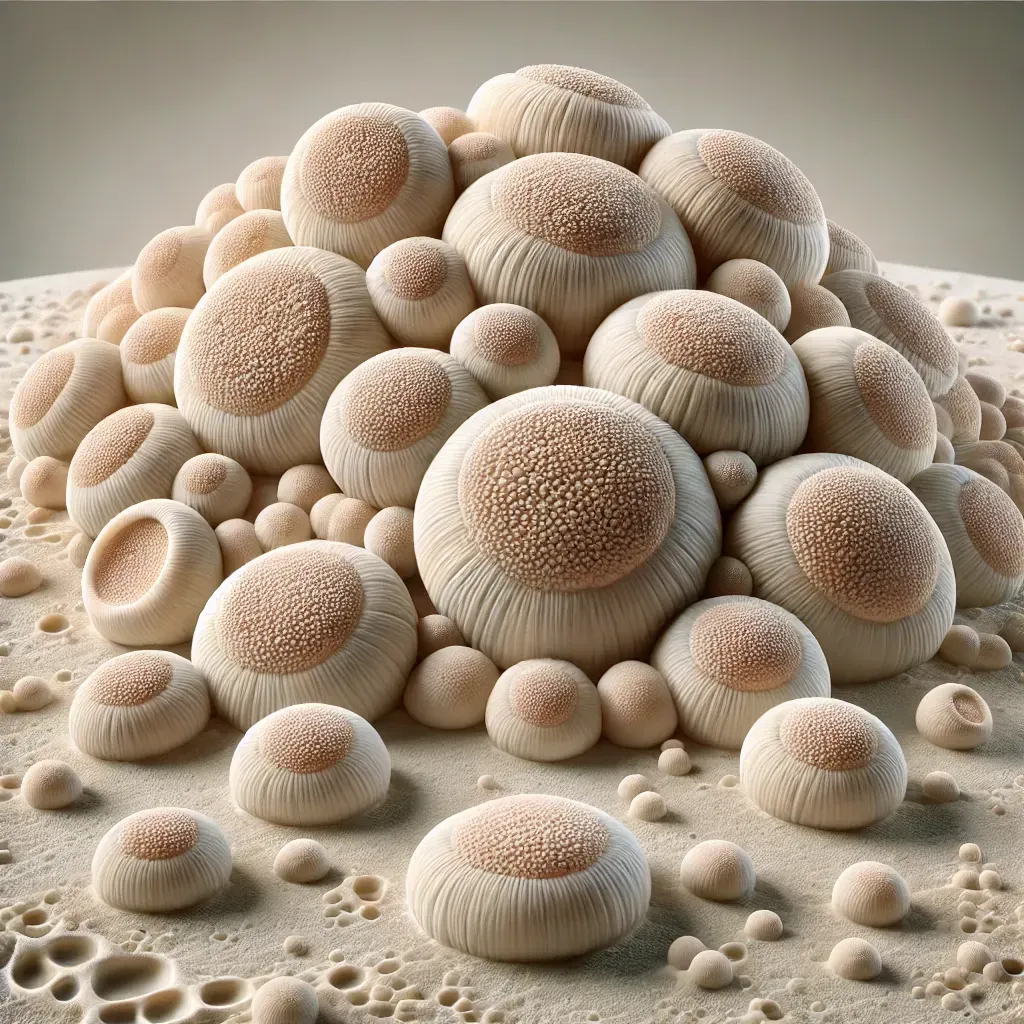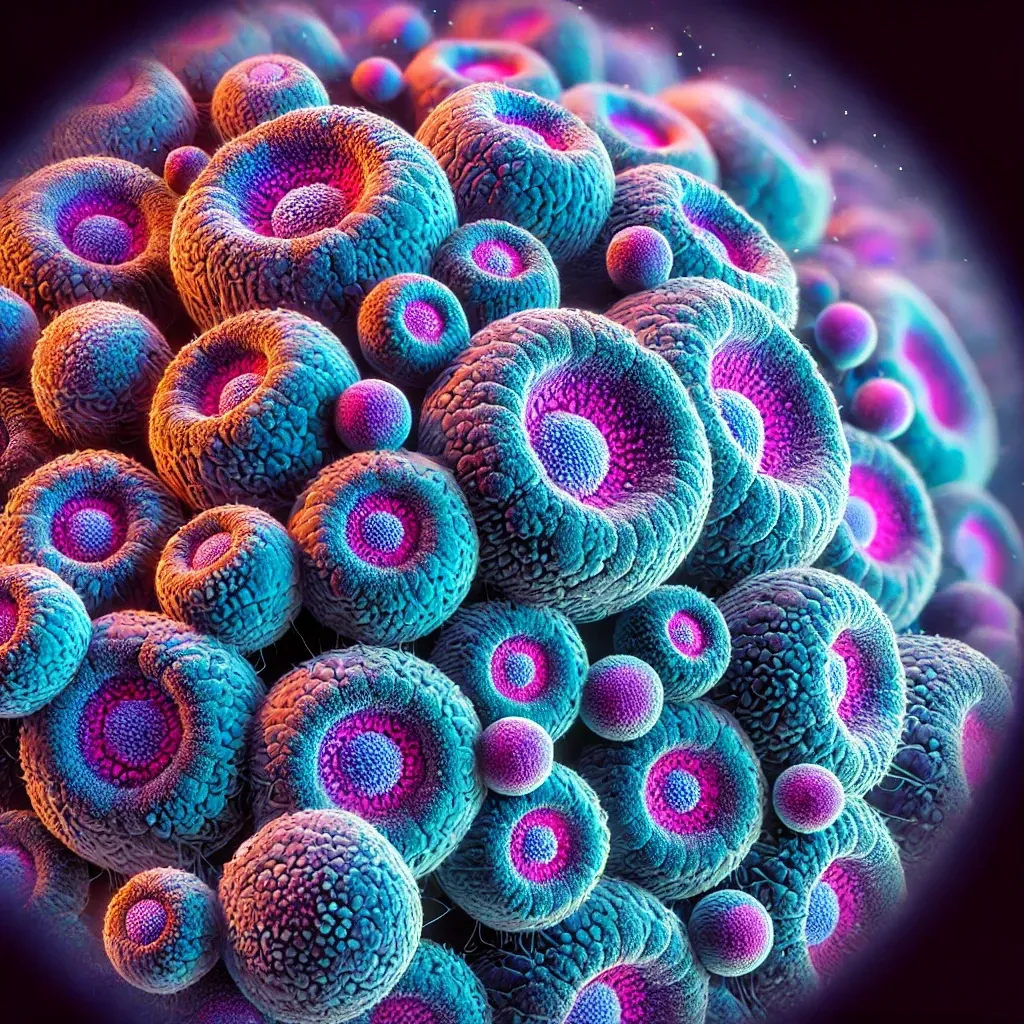Heart Disease and a Little Help from Vitamin K
Vitamin K: Here's What You Need to Know

The French/Italian/Greek “paradox” isn’t really a paradox at all. Turns out that many of those rich, fatty “sin” foods are abundant in vitamin K2--the only vitamin known to prevent and reverse atherosclerosis (buildup of fat in the arteries).
The popularity of the vitamin D supplement might be compounding the heart disease problem. Vitamin D increases the absorption of calcium from the intestines, which is a good thing for bone health. Then vitamin K2 critical to the next step, escorts calcium away from arteries into bones where it belongs. If the body is deficient in vitamin K2, vitamin D increases arterial calcification because K2 can’t remove it.
Vitamin K2 works by activating many proteins that move calcium around the body. For example:
- Osteocalcin attracts calcium into bones and teeth
- MGP sweeps calcium out of soft tissues like arteries and veins where the mineral is harmful
When vitamin K2 is lacking, the proteins that depend on it remain inactive. The “Calcium Paradox” then gradually rears its ugly head with an insidious decline in bone mineral density and hardening of the arteries. When K2 is plentiful, bones remain strong and arteries remain clear.
Whether your diet creates high or low cholesterol, what really matters is whether calcium-fueled plaque is building up in your arteries, leading to a potentially fatal blockage. It is possible to lessen plaque burden by stimulating more MGP to actively sweep calcium away by taking a vitamin K supplement.
Two distinct forms of vitamin K (K1 and K2) were discovered in the early 1930’s as the factors responsible for helping the blood to coagulate – when you cut your finger, you want the blood at the site to coagulate or you would bleed to death. The letter K came from the German spelling of koagulationIn 1997 researchers reported that vitamin K2 was less important for coagulation and much more important for healthy calcium deposition in bones and prevention of calcification of arteries. In 2007, the final piece of the puzzle dropped into place: vitamin K2 deficiency is very widespread, and this is having a major impact on human health [1].
Vitamin K2 comes in two forms:
- Menaquinone-4 (often expressed as MK-4)
- Menaquinone-7 (often expressed as MK-7)
The studies showing effects on calcium deposits in the arteries were done with 45 mcg of MK-7. Dr. Cees Vermeer, one of the world's top researchers in the field of vitamin K, recommends between 45 mcg and 185 mcg daily for adults [1].
While Vitamin K1 is most abundant in leafy greens, vitamin K2 is most abundant in animal fats and fermented foods. The richest sources of vitamin K2 in modern diets are egg yolks and cheese, especially hard cheeses. Always take the vitamin K supplement with fat since it is fat-soluble and won't be absorbed without it.
If you have a diet high in saturated fats or are genetically predisposed to heart disease, check out my Shop to purchase vitamin K2. If you’d like to dive into your health a little deeper, contact me
on my website
[1] Cranenburg EC, Schurgers LJ, Vermeer C. Vitamin K: the coagulation vitamin that became omnipotent. Thomb Haemost 2007, 98(1):120-25
Don't Miss Out!

Heidi Toy Functional Medicine Blog

Omega-3 and Omega-6 are considered “essential” fatty acids because they cannot be produced by the body--we get them from the food we eat. They are biologically active upon ingestion, which means the body utilizes them right away and cannot store them up for later. They are essential because they help with both inflammatory and anti-inflammatory responses.

One of the reasons fad diets often fail is because they are not sustainable. The other reason is because they usually harm different systems in the body as much as they are meant to help. As with all health issues, when it comes to diet, everything should be in moderation. The following five diet points all involve TOO much of a “good thing”:




















































































